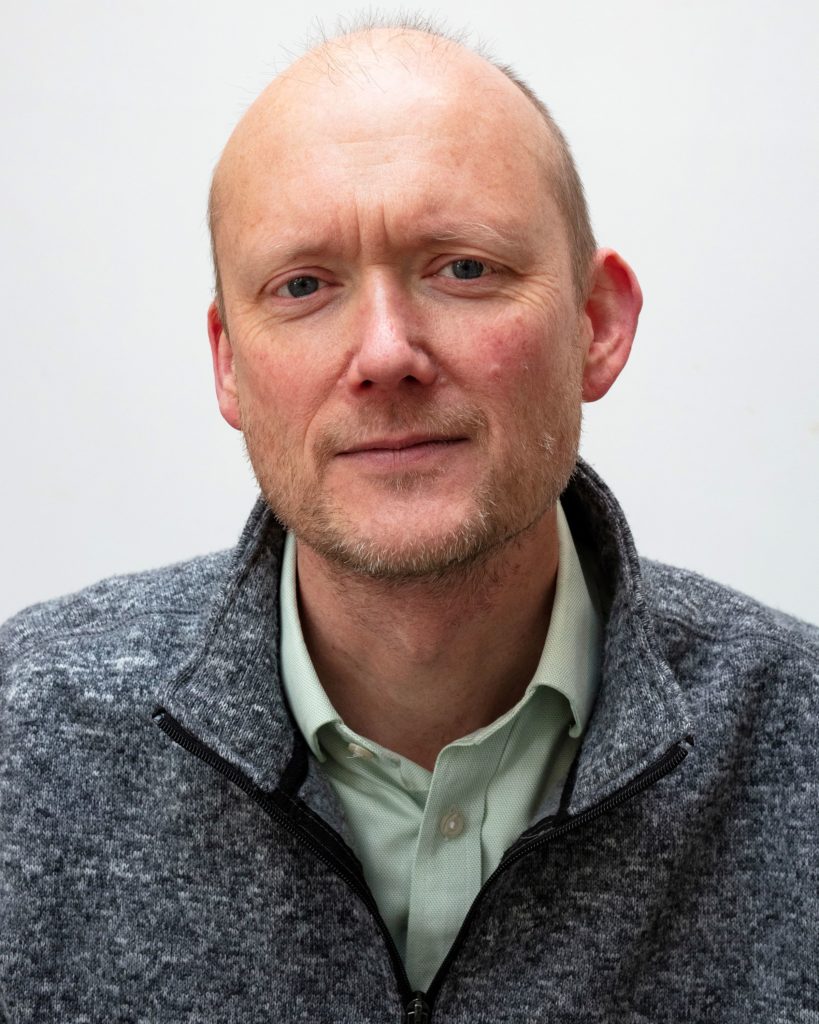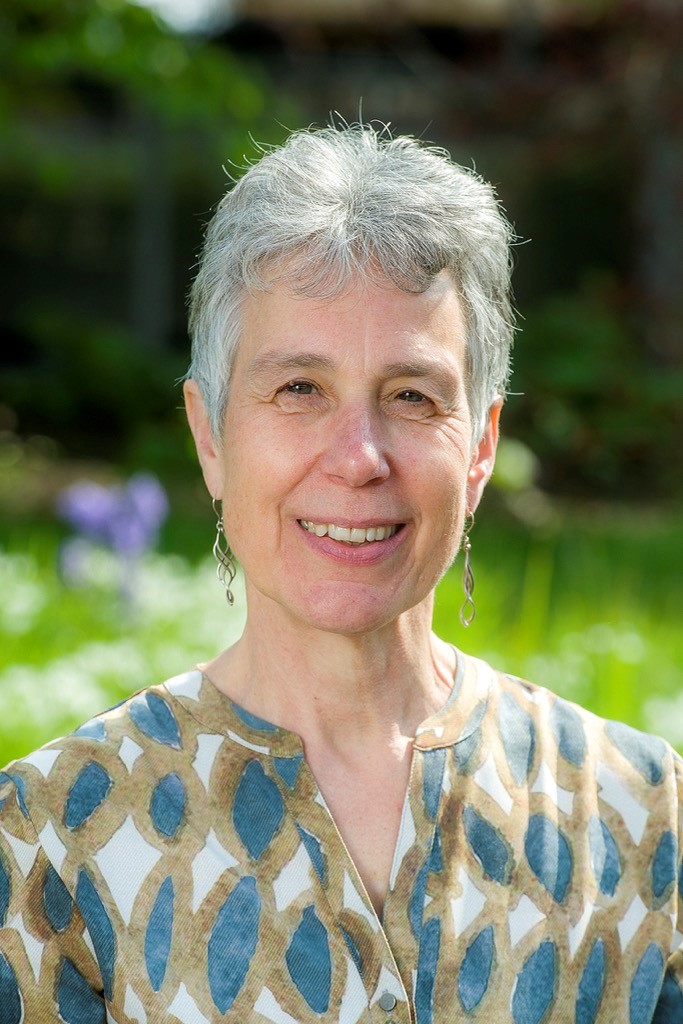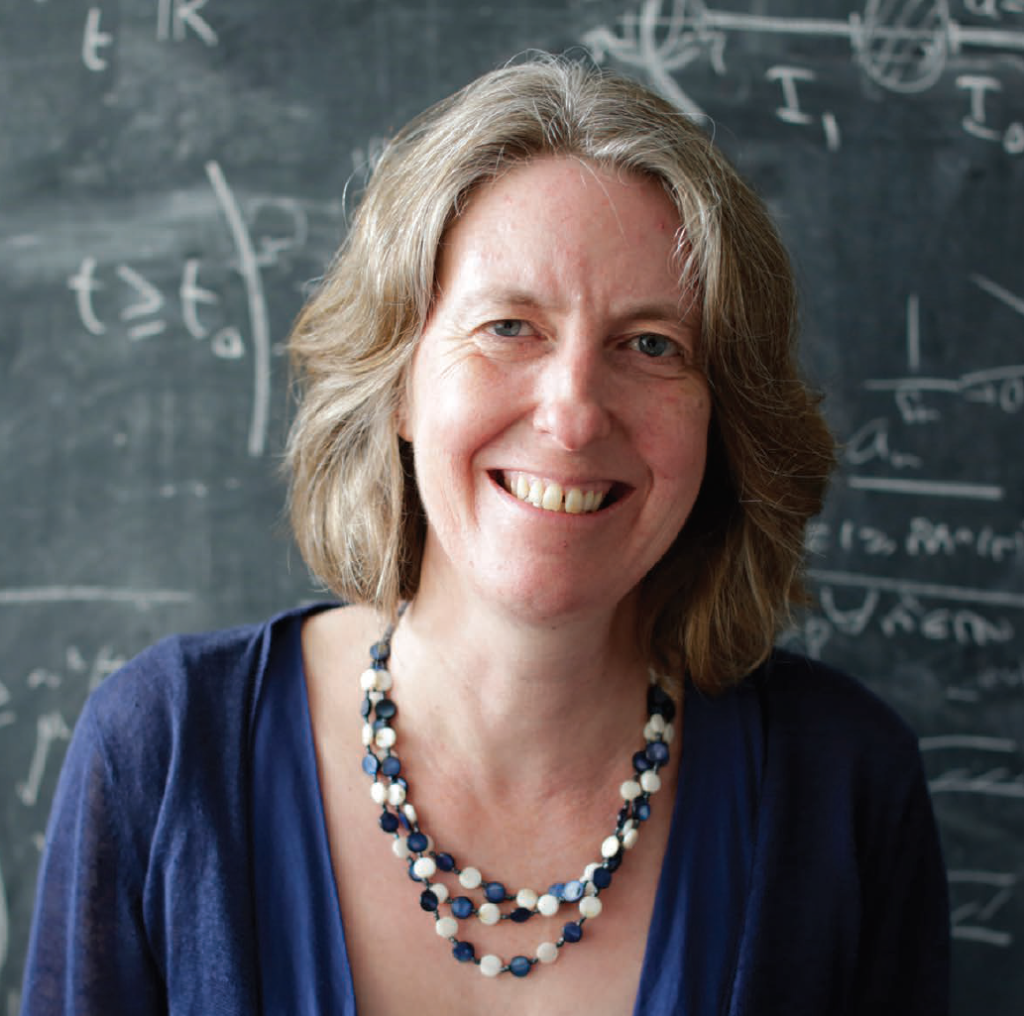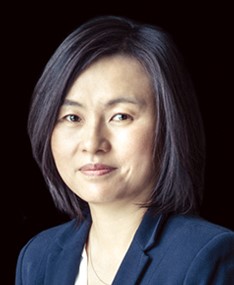BMC-BAMC 2025
BMC-BAMC 2025

Jon Chapman (University of Oxford)
Beyond All Orders: The Hidden Secrets of Divergent Series
Monday 23rd June, 13:40 – 14:40, Forum Alumni Auditorium
“Divergent series are the invention of the devil, and it is shameful to base on them any demonstration whatsoever.”
— N. H. Abel.
The lecture will introduce the concept of an asymptotic series, showing how useful divergent series can be, despite Abel’s reservations. We will then discuss Stokes’ phenomenon, in which exponentially small (so-called non-perturbative) terms suddenly appear. We will show how understanding Stokes’ phenomenon is the key which allows us to determine the qualitative and quantitative behaviour of the solution in many practical problems. Examples in applied maths will be drawn from the areas of crystal growth, surface waves on fluids, dislocation dynamics, Hele-Shaw flow, thin film rupture, quantum mechanics, and atmospheric dynamics. There are also many applications in pure maths, for example, in exact WKB analysis, topological recursion, algebraic geometry, and dynamical systems.

Sarah Zerbes (ETH Zurich)
Euler systems and the Birch-Swinnerton-Dyer conjecture
Tuesday 24th June, 09:05 – 10:05, Forum Alumni Auditorium
L-functions are one of the central objects of study in number theory. There are many beautiful theorems and many more open conjectures linking their values to arithmetic problems. The most famous example is the conjecture of Birch and Swinnerton-Dyer, which is one of the Clay Millennium Prize Problems. I will discuss some recent progress on these conjectures using tools called ‘Euler systems’. I will also revisit the question of using Euler systems in the proof of Fermat’s last theorem.

Xue-Mei Li (EPF Lausanne / Imperial College London)
Long-Range Memory in SDEs and SPDEs: Fluctuations, Scales, and Structure
Tuesday 24th June, 13:40 – 14:40, Forum Alumni Auditorium
Autocorrelated stochastic processes have long been observed in time series data and extensively studied in statistics. Yet, only recently has long-range dependence emerged as a central theme in the theory of stochastic differential and partial differential equations. This talk explores the role of long-range temporal and spatial correlations in shaping multi-scale stochastic dynamics. We begin with classical slow/fast systems for stochastic differential equations, traditionally grounded in Markovian frameworks and Itô calculus. We then examine how these foundational tools must adapt when the driving noise exhibits memory. Extending these ideas, we present a large-scale fluctuation theory for stochastic heat and KPZ-type equations driven by Gaussian noise with long-range spatial correlations.

Gianne Derks (Universiteit Leiden)
Existence and stability of fronts in inhomogeneous semi-linear wave equations
Wednesday 25th June, 09:00 – 10:00, Forum Alumni Auditorium
Models describing waves in anisotropic media or media with imperfections usually have inhomogeneous terms. Examples of such models can be found in many applications, for example in nonlinear optical waveguides, water waves moving over a bottom with topology, currents in nonuniform Josephson junctions, DNA-RNAP interactions etc. Homogeneous nonlinear wave equations have translational symmetry in space and time and conserve energy. Inhomogeneities break the translational symmetry, though the energy conservation is still present. When the spatial translational symmetry is broken, travelling waves are no longer natural solutions. Instead, the travelling waves tend to interact with the inhomogeneity and get trapped, reflected, or slowed down. In this talk, we will look at front solutions in semi-linear wave equations with finite length inhomogeneities and discuss their existence and stability.

Gwyneth Stallard OBE (Open University)
A hundred years of transcendental dynamics
Wednesday 25th June 2025 14:10-15:10, Forum Alumni Auditorium
Complex dynamics concerns the iteration of analytic functions of the complex plane; for each function, the plane is partitioned into the Julia set, where the iterates are chaotic, and the Fatou set, where the iterates are stable. These sets are named after the founders of the subject, Fatou and Julia. Transcendental dynamics is concerned with the iteration of analytic functions that are not rational, and was initiated by Fatou in a seminal paper completed in 1925 and published in Acta Mathematica in 1926. We explore the highlights as the subject has developed internationally over the last century, from fundamental work of Baker answering many of Fatou’s major questions, through to current breakthroughs, with researchers in the UK continuing to play a leading role.

Hee Oh, Yale University
A traveller’s journey in a hyperbolic world
Thursday 26th June 2025, 09:00-10:00, Forum Alumni Auditorium
In this lecture, we will explore the journey of a traveller moving along a straight (Euclidean) path in a variety of geometric worlds. In a Euclidean torus world, she enjoys the sights of a subtorus, a phenomenon explained by Kronecker’s 1884 theorem showing that the closure of any line in the Euclidean torus is always a subtorus. But what happens when she ventures into closed hyperbolic manifolds or even hyperbolic manifolds of infinite volume? We will describe what she encounters, accompanied by numerous illustrations to bring these geometric concepts to life.